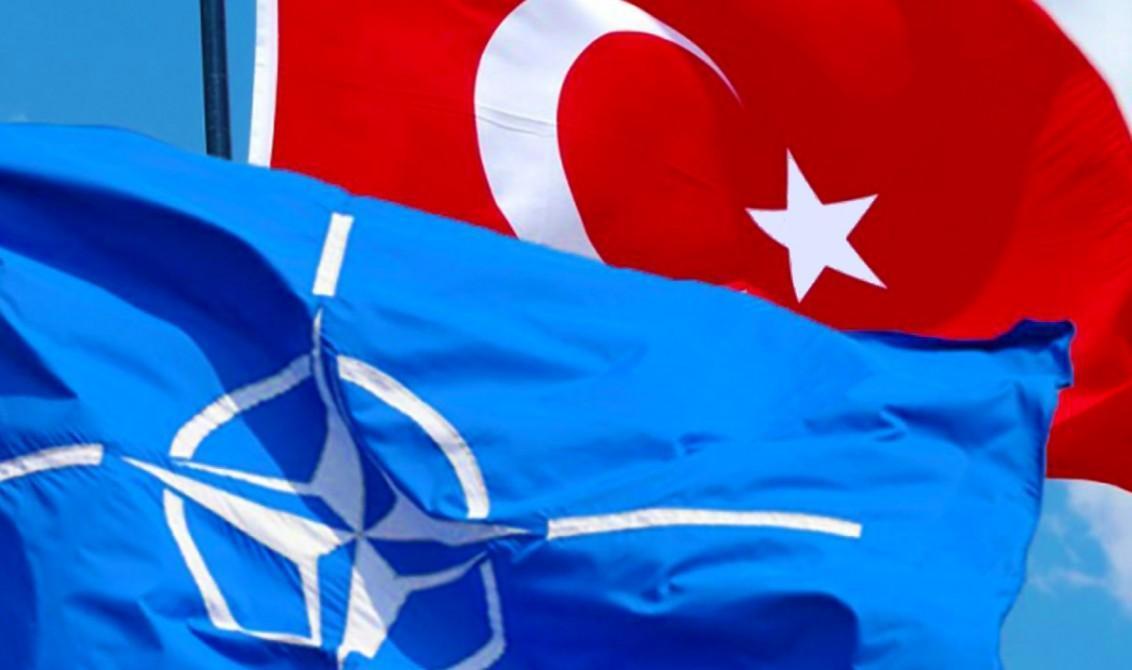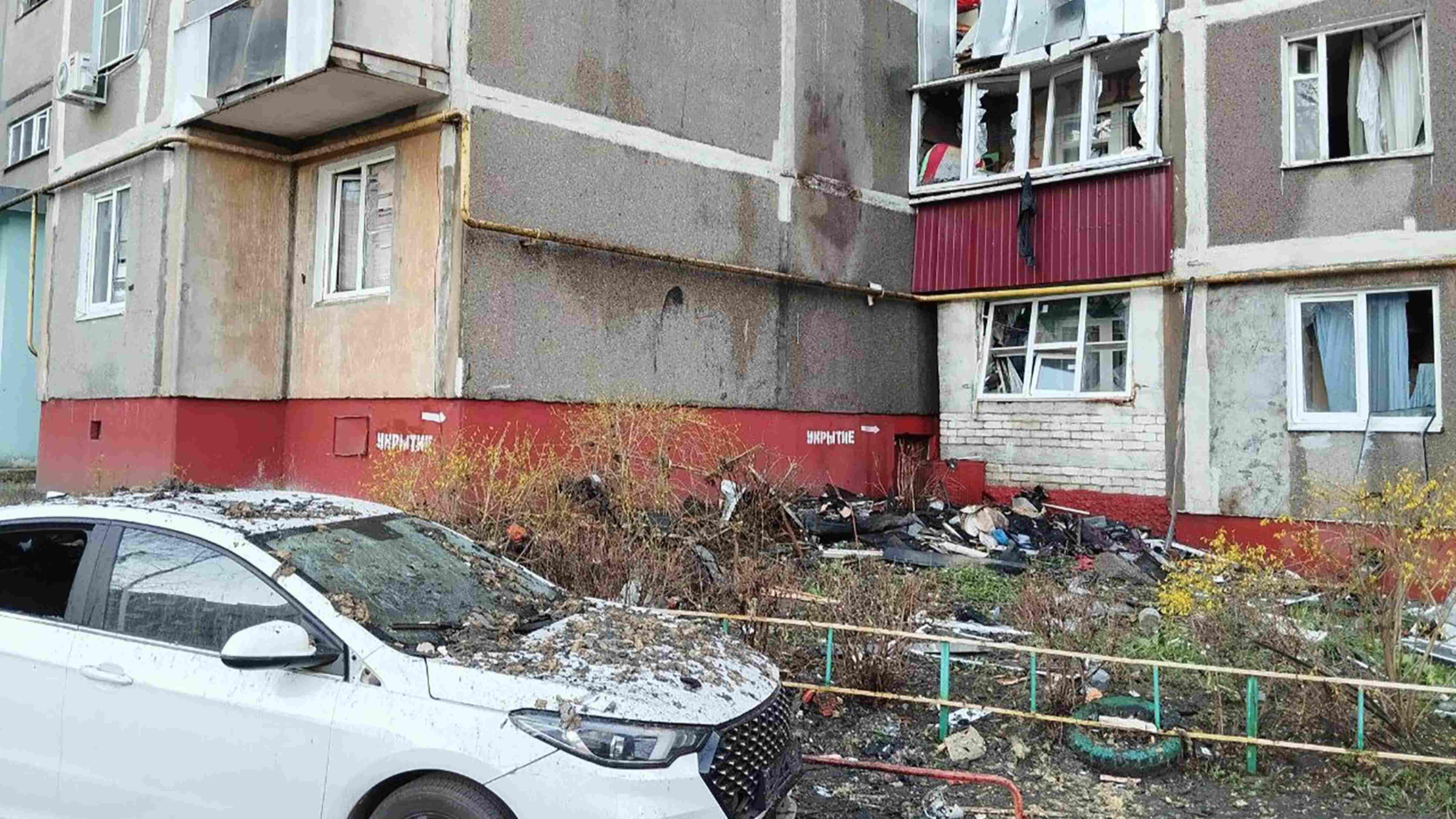OPINION - NATO delivers: Toward a faster, stronger alliance
Rose Gottemoeller*

Founded in 1949 with 12 members from North America and Europe, the North Atlantic Treaty Organization (NATO) has grown through seven rounds of enlargement into a defense Alliance of 29 sovereign nations. NATO enlargement over the years has brought greater stability, prosperity, and cooperation across the Euro-Atlantic region. Although Allies sometimes have differences, including on issues related to trade and climate change, we stand united in supporting our founding aim: To defend each other and protect our citizens. A central tenet of the Alliance, enshrined in Article 5 of the North Atlantic Treaty, is that an attack against one Ally will be regarded as an attack against all.
Transatlantic unity on defense and security, coupled with NATO’s ability to adapt to changing security challenges, has enabled the Alliance to keep the peace in Europe for nearly 70 years. Today, NATO faces the most complex and challenging security environment since the end of the Cold War and our Alliance continues to adapt. As an Alliance dedicated to defending the peace and security of our members, we understand the need to bolster stability in our neighborhood. If our neighbors are more stable, we are more secure. To that end, NATO cooperates with a diverse network of more than 40 partner countries and international organizations. Since 1990, the Alliance has developed partnerships with countries in the Euro-Atlantic area, the Mediterranean and the Gulf, and with others from across the globe.
For many centuries, security meant addressing threats on land and at sea—and, more recently, in the air. But transformed by advances in technology, threats today can take many shapes and come from many directions. One thing is clear: Rapidly developing technologies will dramatically change the nature of conflict in the future. This means that defending ourselves will increasingly entail countering the interrelated challenges surrounding hybrid—or asymmetric—techniques, especially methods of cyber warfare. Whether interfering with elections, engendering doubt and confusion about current or historical events, fostering fear or hatred or even violence, the challenge posed by misuse of information technology is very real.
Because we are so dependent on information systems, we must be able to defend them. Cyber-based threats are unlike any we have faced before. Employed maliciously, software can turn the Internet into a viral pathway to infiltrate and infect, to debilitate and destroy. As technology advances, cyber tools are becoming far more versatile and multi-faceted. To succeed in dealing with the cyber threat in the years ahead, we must change this calculus. We must increase the costs to those who would launch cyber-attacks. That is the essence of deterrence. All of this means that NATO must be just as effective in the cyber domain as we already are on land, in the air, and at sea. We are determined to strengthen our cyber-defenses and to stay ahead of the curve. As always, we will act in accordance with international law, which Allies have recognized applies in cyberspace.
The Alliance is moving in the right direction – toward a faster, stronger Alliance. We have momentum behind us, but we cannot afford to let up. At the Brussels Summit, we took stock of our progress and developed concrete plans to redouble our efforts. In a more challenging and unpredictable world, we need to invest more and better in defense. Doing so underpins everything we do, sustaining our ability to adapt, deter aggression, and fight terrorism. As enshrined in the preamble to the North Atlantic Treaty, NATO members are dedicated to promoting “stability and well-being in the North Atlantic area” and are “resolved to unite their efforts for collective defense and for the preservation of peace and security.”
NATO is the most successful defense alliance in history because its members stand united, and the Alliance is able to adapt as the world changes. As we look to the future, NATO is confident that our shared values of democracy, individual liberty, and the rule of law will be upheld and the safety of our citizens protected because we are stepping up—with unity, strength, and determination—to address the evolving threats to our security.
* Rose Gottemoeller is the Deputy Secretary General of The North Atlantic Treaty Organization (NATO).
















